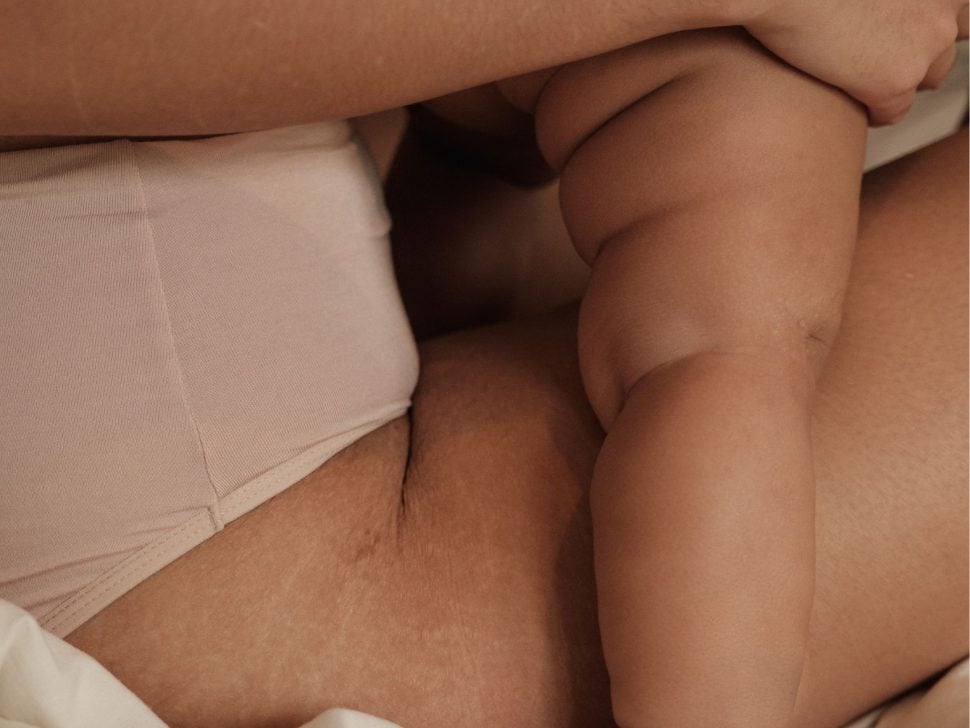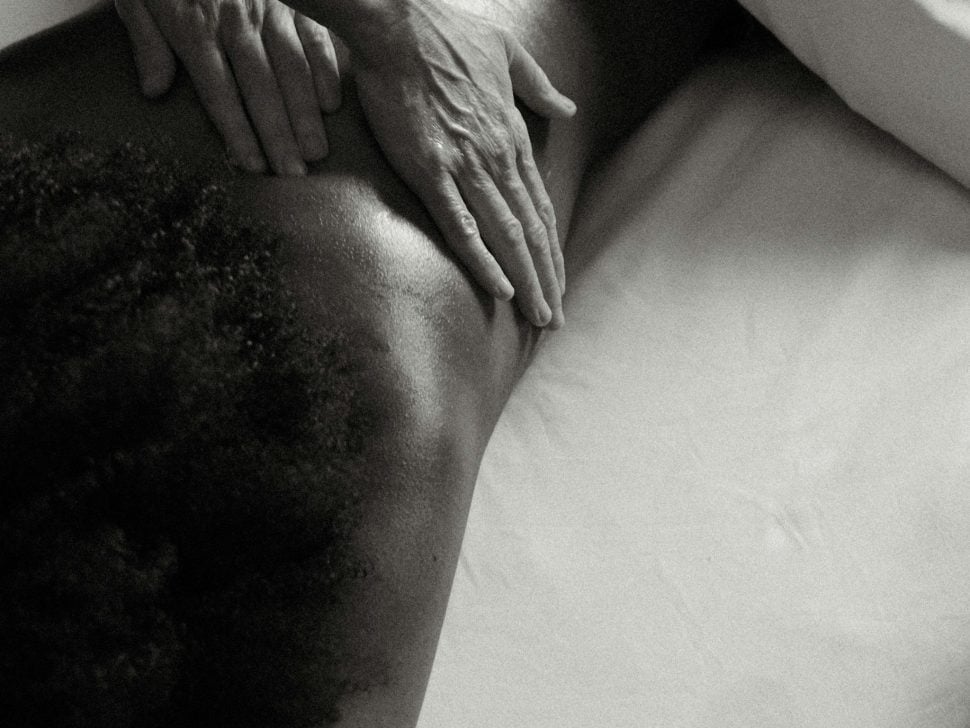The Pelvic Floor: Why Weakness Isn’t Always The Issue
Do you experience bladder leakage when you cough, sneeze, laugh or jump? Or are you constantly rushing to the toilet? It’s common to assume these issues stem from a weak pelvic floor or a “small bladder.” However, the culprit might actually be tight pelvic floor muscles rather than weakness.
For many people, tight pelvic floor muscles can lead to discomfort, pain, bowel or bladder issues and altered sexual function. In this blog, we will discuss how pelvic floor tightness can result in dysfunction and pain, what causes tightness, and ways to alleviate it.
The role of pelvic floor muscles
The pelvic floor is a group of muscles located in the pelvis that supports the pelvic organs, including the bladder, uterus and rectum. Despite its importance, the pelvic floor is often overlooked and not given the attention it deserves. Maintaining a healthy pelvic floor is crucial for overall bodily function and wellness.
The pelvic floor plays a vital role in supporting the pelvic organs and maintaining bladder and bowel control. A strong pelvic floor can aid in preventing pelvic organ prolapse and it helps with sexual function, including orgasm. The pelvic floor also modulates intra-abdominal pressure and provides stability to the pelvis, back and hips.
Pelvic floor muscles are meant to move and expand freely. They need to be able to contract AND relax for optimal function, movement and coordination. Despite popular belief, many pelvic floor issues are a result of tight muscles not necessarily weakness. Issues can arise if the pelvic floor muscles are too tight, too weak or there is poor neuromuscular control and timing.
Symptoms of a tight pelvic floor
Often the symptoms of a tight pelvic floor can be confused with symptoms of a weak pelvic floor.
There are a few symptoms of a tight pelvic floor that may surprise you:
- Painful intercourse
- Urinary leakage with coughing, sneezing or jumping
- Frequent or urgent urination
- Pain in the low back, pelvis, abdomen, hip or coccyx
- Chronic constipation
- Rectal pain
- Incomplete bowel or bladder emptying
- Painful periods
- Abdominal bloating and pelvic congestion
- Pain inserting a tampon or undergoing pelvic examinations (i.e, pap smear)
Causes of pelvic floor tightness
There are various reasons and factors that contribute to pelvic floor tightness, including:
- Pregnancy and Childbirth
- Chronic constipation and straining
- Stress or nervous system dysregulation
- Chronic coughing
- Scoliosis
- Prolonged sitting
- Falls onto the tailbone
- Pelvic surgery and scar tissue
- Poor breathing patterns (e.g. asthma, stress, anxiety, sucking your stomach in)
There is often an overlooked connection that exists between the back, hips, abdomen and pelvic floor muscles. If you are someone who experiences unresolved pain in these areas and feel like you’ve tried everything but have never checked your pelvic floor, this could be the missing link to why your pain is not resolving.
Conditions that can cause tight pelvic floor muscles
- Pelvic pain conditions: such as endometriosis, adenomyosis, interstitial cystitis, pudendal
neuralgia and vulvodynia - Labral tears of the hip
- Irritable bowel syndrome
- Poor posture or scoliosis
- Pelvic congestion syndrome
- Pelvic organ prolapse
- Urinary incontinence
- Constipation
- Sexual trauma
- Pelvic surgery: such as a laparoscopy, hysterectomy or caesarean section
It is important to note that tight pelvic floor muscles can be a contributing factor to these conditions, as well as a result of them. In either case, seeking medical evaluation and treatment is important for managing tight pelvic floor muscles and related symptoms.
What can you do to help these issues?
If this sounds like you and you feel like you’re not getting answers from the medical system, consider your pelvic floor to be the potential missing piece of the puzzle.
By understanding what causes pelvic floor tightness and ways to alleviate it, you can take steps to improve your quality of life.
If you experience pelvic floor problems, such as incontinence, pelvic pain or discomfort during sex, it’s crucial to seek help. With the appropriate treatment, management plan and rehab program you can improve these symptoms.
If you want more information about how your pelvic floor may be functioning and how to improve your symptoms, please reach out to Emma or book yourself in to see your local women’s health osteopath or physiotherapist.
You may also be interested in...


Maternal and Infant Wellbeing Melbourne
Welcome to Maternal and Infant Wellbeing Melbourne. This boutique Women’s health and Perinatal experience founded by Dr. Amber Hart, aims to nurture women and babies through providing consistent, evidence-based, exceptional quality care. At MIWM we provide general and specialist women’s and children’s medical consultations, classes, allied therapies and complementary services to ensure that women and families receive exceptional care in a safe and nurturing environment.
“We are leading the way in healthcare innovation with our first of it’s kind Day Stay Experience”.
This 7 hour stay is designed to give mother’s the confidence to feed and settle their babies in a way that meets their own unique parenting goals. We support mental health and postpartum wellbeing by providing a mother’s helper for the day and every mum has a luxurious day spa treatment included in their package. Babies are treated to a divine sensory class and mum’s get to choose from a sleep and settling consult, and osteo consult or a baby carrying consult and they will have all feeds supervised by Breastfeeding Medicine and Infant sleep expert, Dr. Amber Hart.
We also offer Australia’s only GTT experience.
During pregnancy, it is recommended that women undergo screening for Gestational Diabetes. Historically, this test has been dreaded by mum, but we’ve now made it something to look forward to.
Mums arrive fasted and have their blood tests taken by one of our experienced staff members. They are then treated to an hour of rest in our divine relaxation room and an hour day spa treatment. This service is seeing an increased uptake in screening and also promoting antenatal and postnatal wellbeing by linking women in with exceptional quality pregnancy and post-natal services. As such, we are focusing on prevention rather than cure.”
Learn about the support you didn't know you needed.
We have cherry picked the most useful resources for your fourth trimester so that you don't have to waste precious hours searching.


eBook - Katie Blakely (Katie Blakely Wellness)
The Postpartum Nutrition Guide for Mamas
Hey Mama, are you preparing for postpartum? Or have you just had a bub and wondering how to manage this time, supporting yourself while you nourish and support your bub? This little eBook aims to help you feel prepared for postpartum, provide tips to support yourself, understand the nutritional requirements that come with postpartum, and to help you reach these goals.

Article - Julia Jones (Newborn Mothers)
What is a Doula?
Today, a doula is typically someone who acts as a hub of support, referrals and resources for a person during a major life transition, usually related to birth. Doulas have a holistic approach that considers both mental and physical well-being. Services vary significantly but can include emotional reassurance, information based on scientific evidence, and comfort techniques like massage and nourishing food. The role is not medical, and doulas cannot treat, diagnose or cure any disease.


Article - Jackie Gorman ( Nurture By Touch)
Jamu Postnatal Massage: The Nurturing Tradition Every New Mother Should Experience For Deep Recovery
This is truly special to witness; it's a real privilege. As I’m within the sanctuary of the family's home for up to 4 weeks, you subtly and gratefully become part of the furniture, quietly and respectfully. So as the days pass through this ancient lineage of care, you see things shift physically, which is pure biology to me, but also her smile changes as you walk through the door, her eyes are more vibrant and her skin colour changes






